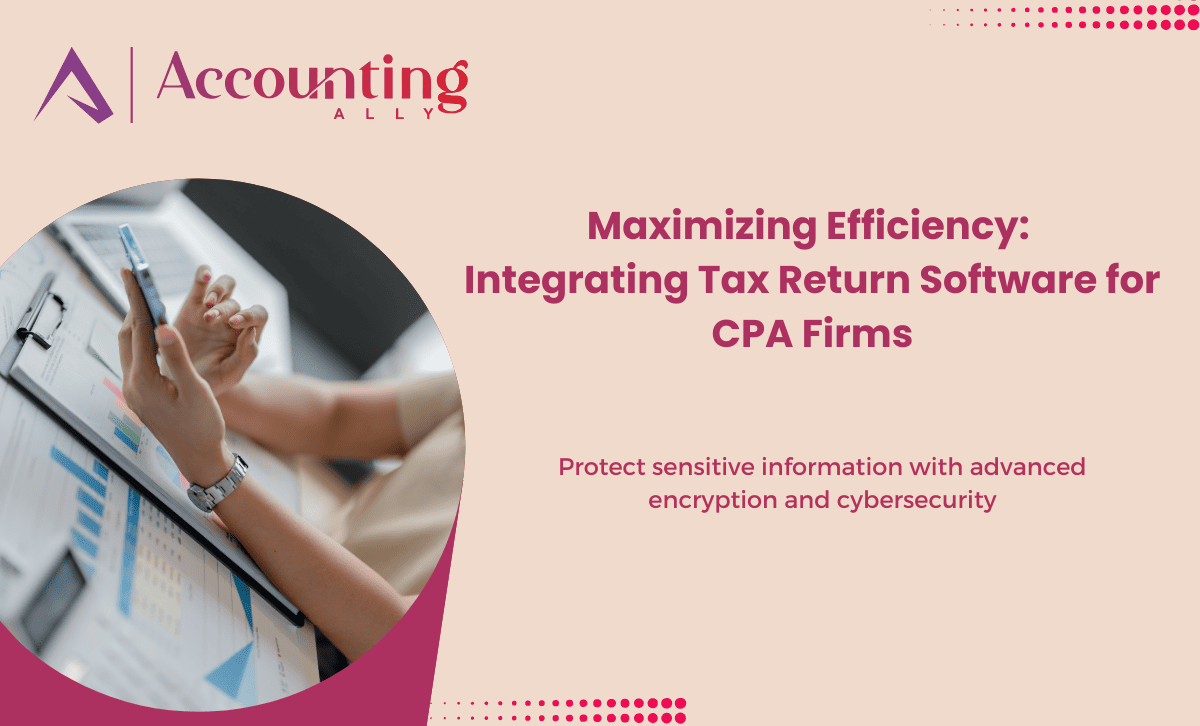The Future of UK Finance: Trends, Challenges, and Opportunities
The UK has long been a global financial powerhouse, with London standing as a key player in international markets. However, the financial landscape is rapidly evolving due to technological advancements, regulatory changes, and global economic shifts. Businesses, investors, and policymakers must stay ahead of emerging trends, understand the challenges, and seize opportunities to ensure sustainable growth in the sector.
This blog explores the future of UK finance, focusing on key trends, potential obstacles, and the opportunities that lie ahead.

Key Trends Shaping the Future of UK Finance
1. The Rise of FinTech and Digital Banking
- The UK remains a leading hub for financial technology (FinTech) innovation. According to Innovate Finance, UK FinTech investment reached $12.5 billion in 2022, making it the second-largest destination for FinTech funding after the US (source).
- Digital-only banks like Monzo, Revolut, and Starling continue to disrupt traditional banking by offering seamless, customer-centric experiences.
- Blockchain, artificial intelligence (AI), and open banking are further transforming the industry, making financial services more accessible and efficient.
- With the increasing adoption of cryptocurrencies and decentralized finance (DeFi), regulatory bodies must balance innovation with security to maintain trust in the system.
2. Sustainability and ESG Investments
- Environmental, Social, and Governance (ESG) investing is gaining traction as investors prioritize sustainable finance.
- The UK government has introduced mandatory climate-related financial disclosures for large businesses to ensure greater transparency (source).
- The global ESG assets are projected to reach $53 trillion by 2025, representing over a third of total assets under management (source).
- Financial institutions must align their strategies with ESG principles to attract investors and comply with stringent regulations while contributing to a sustainable future.
3. Post-Brexit Regulatory Landscape
Brexit has led to significant regulatory shifts, affecting trade agreements and financial services regulations. The UK must navigate new frameworks while maintaining its global competitiveness.
- The UK has established the Financial Services and Markets Act 2023 to diverge from EU rules and support innovation.
- The Bank of England reports that Brexit has led to the loss of around 7,000 financial services jobs to the EU but has not caused large-scale relocations (source).
- Understanding the evolving financial regulations and ensuring compliance will be crucial for businesses looking to thrive in the post-Brexit economy.
4. AI and Automation in Financial Services
- AI and automation are revolutionizing finance, from algorithmic trading to customer service chatbots.
- A PwC report estimates that AI could contribute up to £232 billion to the UK economy by 2030 (source).
- Machine learning is improving fraud detection, risk assessment, and credit scoring, enabling financial institutions to enhance efficiency and reduce operational costs.
- However, the rise of AI also brings ethical concerns, including data privacy and potential job displacement. Companies must strike a balance between leveraging AI for growth and ensuring ethical implementation.
5. Cybersecurity and Data Protection
As financial services become more digitalized, cybersecurity threats are increasing.
- In 2022, UK financial institutions faced a 25% increase in cyberattacks compared to the previous year (source).
- The UK government has introduced new cybersecurity frameworks to strengthen financial sector resilience.
- Financial institutions must invest in robust cybersecurity measures, such as biometric authentication and advanced encryption, to protect customer data and maintain trust.
Challenges Facing UK Finance
1. Economic Uncertainty and Inflation
- The UK inflation rate stood at 10.1% in early 2023, affecting consumer spending and investment decisions (source).
- Rising interest rates impact lending activities, increasing borrowing costs for businesses and individuals.
- Financial institutions must develop adaptive strategies to mitigate risks associated with economic volatility.
2. Talent Shortages in the Financial Sector
- The demand for skilled professionals in finance, particularly in areas like FinTech, cybersecurity, and data analytics, is outpacing supply.
- 60% of UK financial firms report difficulties in finding skilled workers, particularly post-Brexit (source).
- Firms must focus on upskilling employees, fostering innovation, and attracting top talent to remain competitive.
3. Regulatory Compliance Burden
- Financial regulations are becoming more complex, requiring businesses to allocate significant resources to compliance.
- Stricter anti-money laundering (AML) laws, data protection regulations (GDPR), and ESG reporting standards add to the burden.
- Leveraging RegTech solutions (Regulatory Technology) can help financial institutions streamline compliance processes and reduce costs while ensuring adherence to evolving regulations.
Opportunities for Growth and Innovation
1. Expansion of Digital Payment Solutions
- The shift towards cashless transactions is accelerating, with digital payment solutions gaining popularity.
- The UK saw a 30% increase in contactless payments in 2022, indicating strong adoption rates (source).
- Financial institutions and FinTech startups can capitalize on this trend by developing secure, user-friendly, and cost-effective digital payment solutions.
2. Strengthening the UK’s Position as a FinTech Leader
With strong government support and a thriving FinTech ecosystem, the UK has the potential to maintain its status as a global FinTech hub.
- The UK FinTech sector employs over 76,500 people and contributes over £11 billion to the economy annually (source).
- Encouraging partnerships between traditional banks and FinTech startups can drive innovation and enhance financial services.
- International expansion presents lucrative opportunities for UK-based FinTech firms to tap into emerging markets.
3. Investing in Financial Inclusion
- Financial inclusion remains a key priority, ensuring that individuals and businesses have access to essential financial services.
- The UK government aims to increase access to banking services for underserved communities through digital solutions.
- By prioritizing financial inclusion, companies can expand their customer base while promoting economic growth and social progress.
4. Leveraging Big Data for Personalized Services
- The increasing availability of big data allows financial institutions to offer personalized services based on customer preferences and behaviors.
- Advanced data analytics can enhance customer experience, optimize risk management, and improve decision-making.
- Investing in data-driven strategies can lead to higher customer retention and revenue growth.
Conclusion
The future of UK finance is shaped by rapid technological advancements, shifting regulatory landscapes, and evolving consumer expectations. While challenges such as economic uncertainty, regulatory complexities, and cybersecurity threats persist, numerous opportunities exist for growth and innovation.
By embracing digital transformation, fostering financial inclusion, and prioritizing sustainability, the UK finance sector can continue to thrive in an increasingly competitive global environment.
Staying ahead of emerging trends, investing in talent and technology, and adapting to regulatory changes will be key to securing a prosperous future for UK finance.






